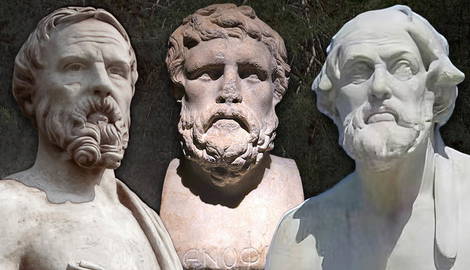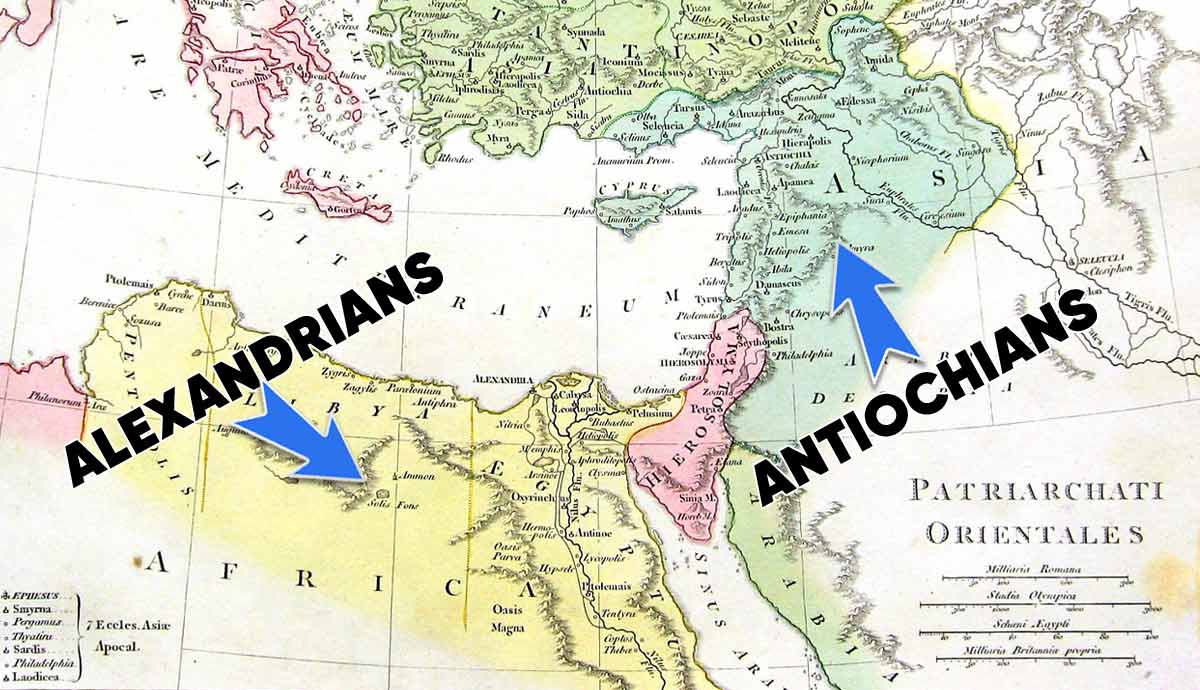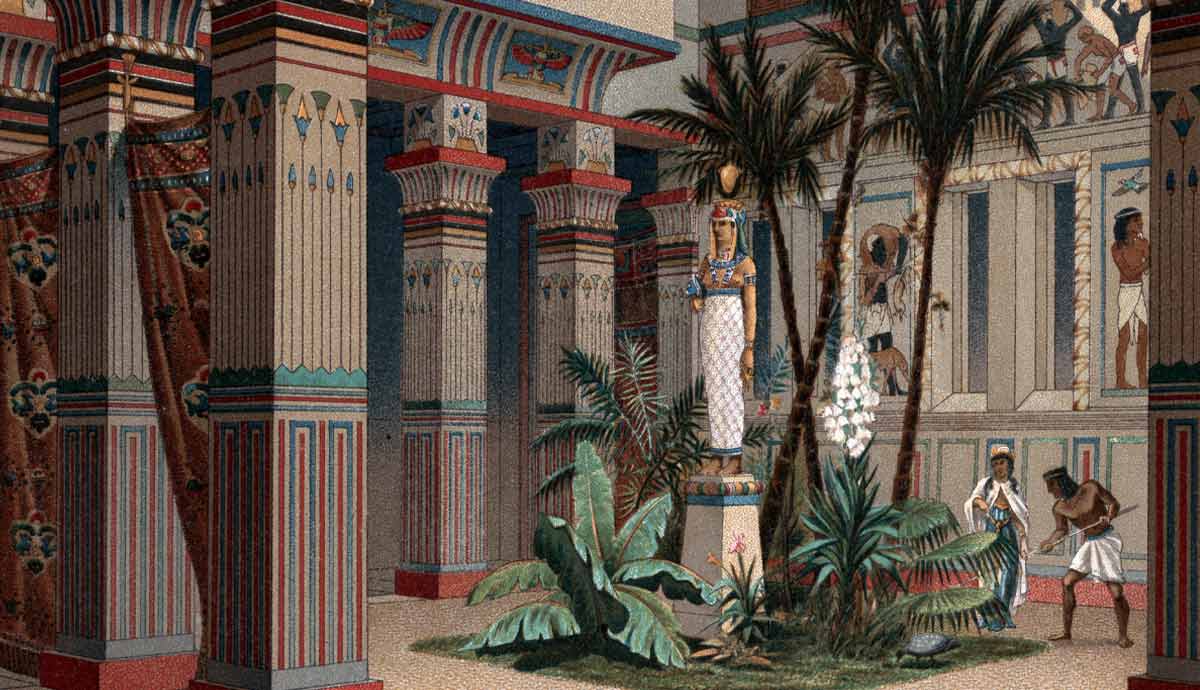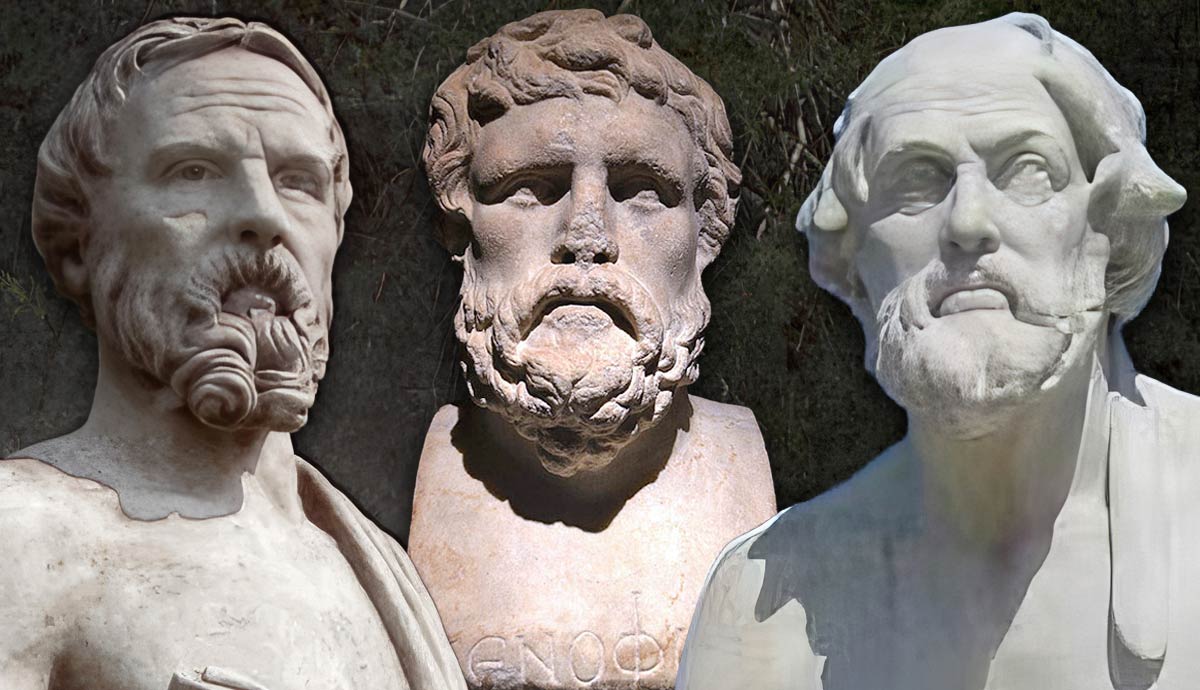
The four historians of the Classical Period in the 400s CE, Herodotus, Thucydides, Xenophon, and Ctesias, helped establish what would develop into the modern methodologies of recording and writing history.
The Classical Period

The Classical Period is generally held to be the time period in Western history between about the 8th century BC, when Homer wrote the Iliad and the Odyssey, and the fall of the Roman Empire in 476 CE. In the 400s CE, several men, generally of Greek and Persian influence, took on a new perspective in compiling and presenting historical information.
While there were various efforts to record historical matters, including the Old Testament, or Homer’s Iliad and Odyssey, few, if any, used the process of researching and gathering stories from various original sources to compile and present them as a whole to an audience. Government officials may have chronicled various records as they always have, but such information is data, not history.
The First Historian: Herodotus
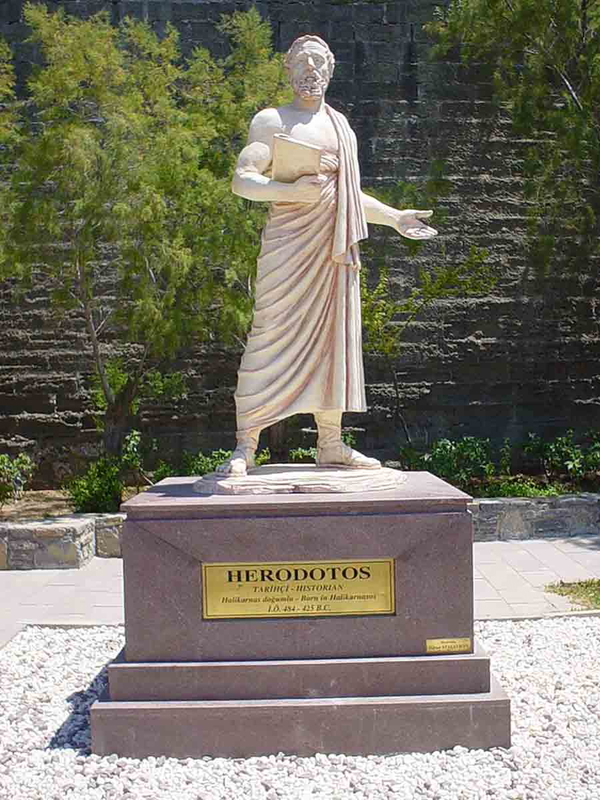
Herodotus is the first person in Western society known to have put together such a narrative in the 400s BCE. Herodotus traveled through Greece, Egypt, and the Persian Empire to collect material for his Histories, which chronicled the Greco-Persian Wars of 499 BC-449 BCE. While the accuracy of his Histories is disputable and Herodotus included many fanciful or mythical elements, the way in which he compiled and wrote out his results established how history would be recorded and preserved.
The Athenian General: Thucydides

Thucydides, an Athenian General who lived in the 400s BCE, refined many of the methods of Herodotus in the History of the Peloponnesian War. Thucydides removed many supernatural elements in his writing, seeking to write his history without seeing any divine intervention or purpose. He sought to find an unbiased methodology, stating:
“I have written my work, not as an essay which is to win the applause of the moment, but as a possession for all time.”
Thucydides’ methodology has come to be known as “scientific history,” where the historian attempts to record and present historical information as complete as practical, seeking to remove bias as much as possible and present the reader with a complete view of what transpired.
Warrior and Philosopher: Xenophon
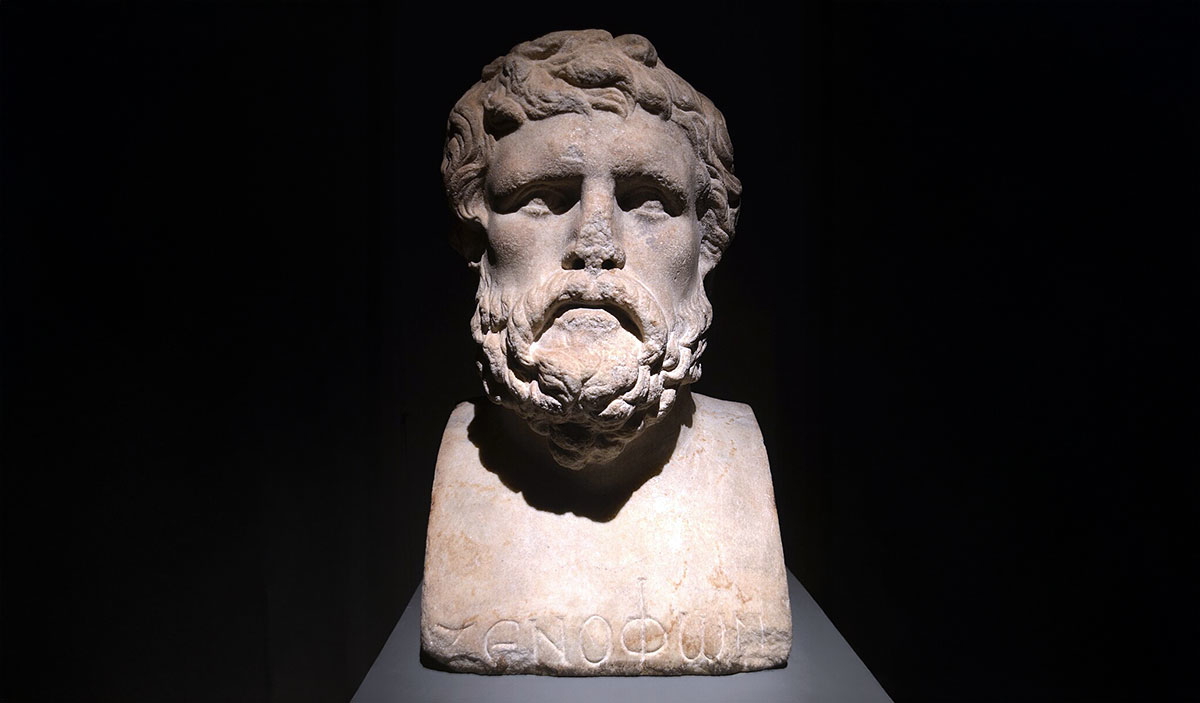
Xenophon, a mercenary warrior, philosopher, and student of Socrates, continues some of where Thucydides ended in the Peloponnesian War. Writing in the 300s CE, Xenophon covered various topics, including politics, war strategy, and recorded some of the Socratic dialogue, of which only he and Plato have surviving records. Xenophon was well-traveled throughout Greece, being a member of the Ten Thousand, a mercenary force hired by Cyrus the Younger in his struggles against Artaxerxes II over the Persian throne. He fought in the critical Battle of Cunaxa, where Cyrus was defeated, recording it in his Anabasis.
Doctor and Historian: Ctesias
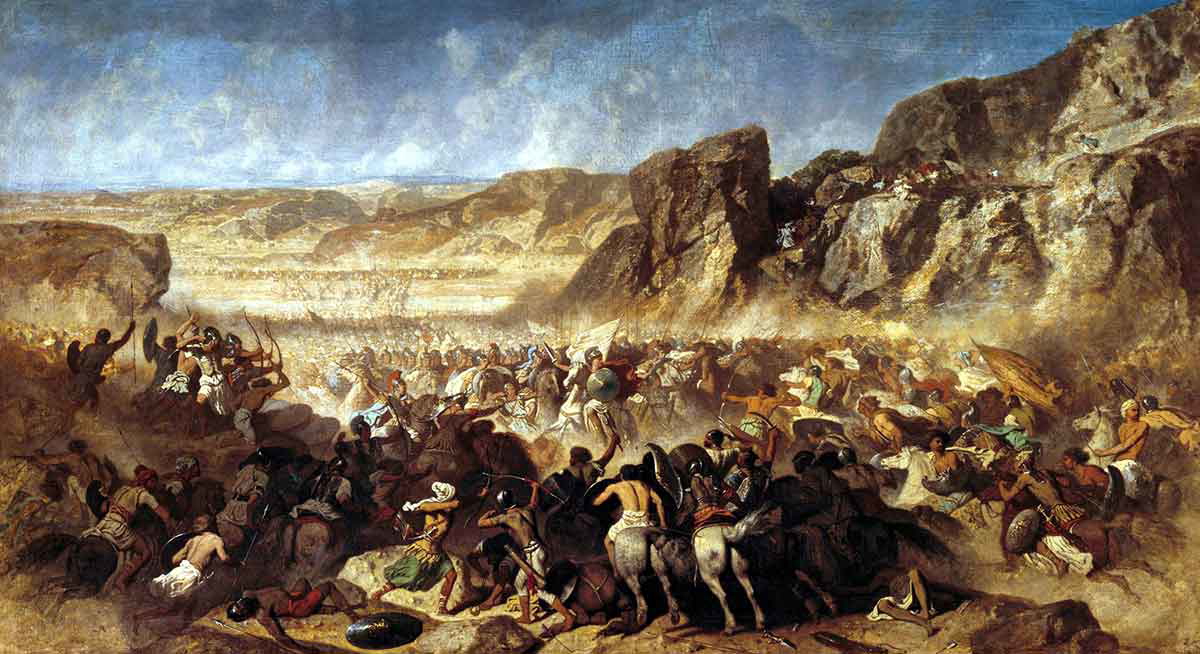
Ctesias of Cnidus was a doctor and historian from the 400s BCE who was on the opposite side of Xenophon in the conflict between Cyrus the Younger and Artaxerxes II. Ctesias was also at the Battle of Cunaxa in 401 BCE, serving as a physician on the side of the victorious Artaxerxes II. His Persica is a history of the Persian Empire beginning under Cyrus the Great, but has various conflicts with the information presented by Herodotus and other sources, making Ctesias the most unreliable of the Classical historians. Ctesias also wrote the Indica, which is a description of India taken mainly from travelers, and contains information so fantastical that much of it is blatant fiction.
